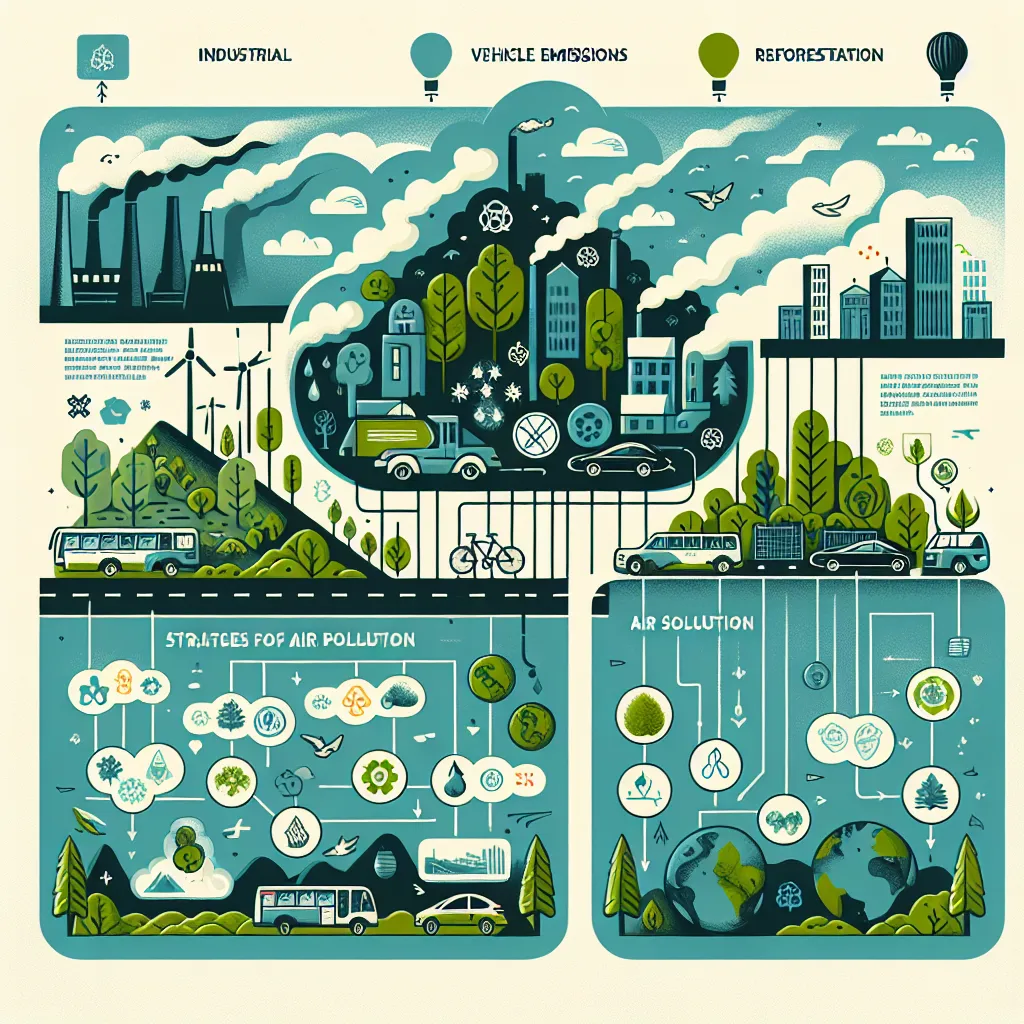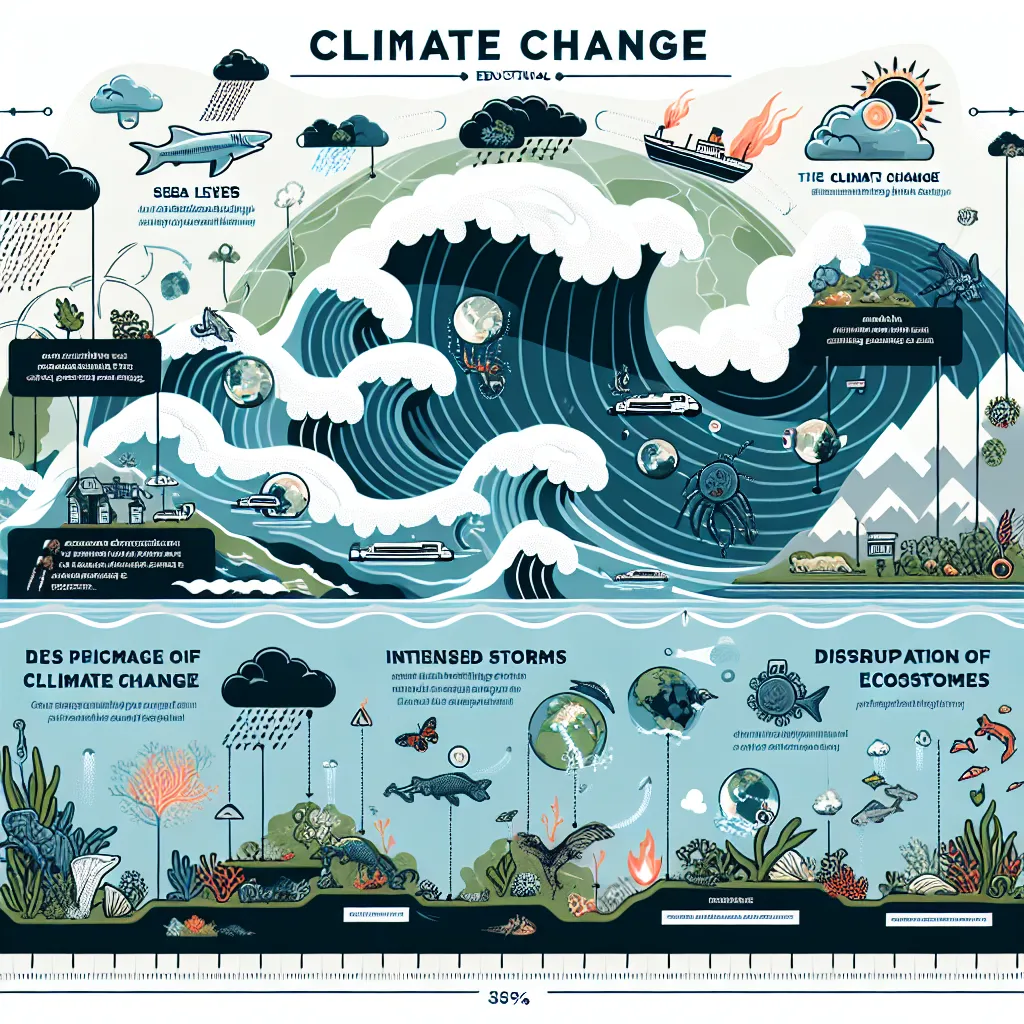In recent years, the topic of digital media’s influence on traditional journalism has become increasingly prevalent in IELTS Writing Task 2 examinations. This trend reflects the rapidly evolving media landscape and its societal implications. Based on an analysis of past IELTS exams and current media trends, it’s highly likely that this theme will continue to appear in future tests. Let’s explore a relevant question that has appeared in recent IELTS exams and provide sample essays to help you prepare.
Nội dung bài viết
Analyzing the Question
Some people think that the news media nowadays have influenced people’s lives too much and it is a negative development. To what extent do you agree or disagree?
This question addresses the impact of modern news media, which includes both traditional and digital platforms, on people’s lives. It requires you to consider the extent of media influence and whether this influence is predominantly negative. Let’s break down the key elements:
- The phrase “news media nowadays” implies a focus on contemporary media, including digital platforms.
- “Influenced people’s lives too much” suggests an excessive impact on daily life and decision-making.
- “Negative development” indicates that this influence is seen as harmful by some.
- The question asks for your opinion on the extent to which you agree or disagree with this viewpoint.
Sample Essay for Band 8-9
In the digital age, the pervasive influence of news media on people’s lives has become a subject of intense debate. While some argue that this impact is excessive and detrimental, I partially agree with this viewpoint, recognizing both the negative consequences and the potential benefits of media influence in our interconnected world.
Undoubtedly, the omnipresence of news media, especially in its digital form, has led to some concerning developments. The constant barrage of information, often sensationalized for clicks and views, can lead to increased anxiety and a skewed perception of reality. For instance, the disproportionate coverage of negative events can create an exaggerated sense of danger and pessimism about the world. Moreover, the spread of misinformation and “fake news” through social media platforms has the potential to manipulate public opinion and even influence democratic processes, as seen in recent elections worldwide.
However, it would be myopic to view the influence of modern news media solely in a negative light. The democratization of information has empowered individuals, giving voice to marginalized groups and facilitating rapid dissemination of crucial information during crises. For example, social media platforms have played a pivotal role in organizing social movements and providing real-time updates during natural disasters. Furthermore, the increased scrutiny on public figures and institutions, enabled by digital media, can promote transparency and accountability in governance and corporate practices.
The key lies in developing a balanced approach to media consumption. Educational institutions and media literacy programs play a crucial role in equipping individuals with the critical thinking skills necessary to navigate the complex media landscape. By fostering an ability to discern credible sources, recognize bias, and understand the mechanisms of digital media, society can harness its benefits while mitigating its negative impacts.
In conclusion, while the extensive influence of modern news media does present significant challenges, it also offers unprecedented opportunities for information access and civic engagement. The solution lies not in diminishing media influence but in adapting to it responsibly. By promoting media literacy and critical thinking, we can transform this powerful tool into a force for positive change in society.
(Word count: 329)
 Impact of Digital Media on Journalism
Impact of Digital Media on Journalism
Sample Essay for Band 6-7
In today’s world, news media has become a big part of our daily lives. Some people think this influence is too much and bad for us. I partly agree with this idea because there are both good and bad sides to how media affects us.
On the negative side, news media can sometimes make people worried or scared. When we see lots of bad news all the time, it can make us think the world is more dangerous than it really is. Also, some news on social media isn’t true, which can confuse people and make them believe wrong things. This is especially bad when it affects how people vote or think about important issues.
However, there are also good things about modern news media. It helps us learn about what’s happening around the world quickly. For example, during natural disasters, social media can spread important information fast and help save lives. It also lets people share their opinions and ideas more easily, which can be good for democracy.
I think the best way to deal with this is to learn how to use media wisely. Schools should teach students how to tell if news is true or false. People should also try to get news from different sources, not just one, to get a balanced view.
In conclusion, while news media today can have some negative effects, it also has many benefits. The important thing is to use it carefully and think critically about what we see and read. If we do this, media can be a helpful tool in our lives rather than a problem.
(Word count: 263)
Key Writing Tips
When addressing this topic in IELTS Writing Task 2, consider the following:
-
Balanced Argument: For a high band score, present a nuanced view that acknowledges both positive and negative aspects of media influence.
-
Specific Examples: Use concrete examples to support your points. For Band 8-9, these should be detailed and sophisticated, while for Band 6-7, more general examples are acceptable.
-
Vocabulary: Utilize a range of topic-specific vocabulary. Higher band scores require more advanced and precise language use.
-
Sentence Structure: Vary your sentence structures. Band 8-9 essays should demonstrate complex structures without errors, while Band 6-7 can have some variety with occasional errors.
-
Coherence and Cohesion: Ensure your essay flows logically. Use appropriate linking words and phrases to connect ideas smoothly.
Essential Vocabulary
Here are some key terms related to this topic:
-
Media literacy (noun) /ˈmiːdiə ˈlɪtərəsi/ – The ability to critically analyze and evaluate media content.
-
Misinformation (noun) /ˌmɪsɪnfəˈmeɪʃn/ – False or inaccurate information, especially that which is deliberately intended to deceive.
-
Sensationalism (noun) /senˈseɪʃənəlɪzəm/ – The use of exciting or shocking stories or language at the expense of accuracy, in order to provoke public interest or excitement.
-
Echo chamber (noun) /ˈekəʊ ˌtʃeɪmbə(r)/ – An environment where a person encounters only beliefs or opinions that coincide with their own.
-
Clickbait (noun) /ˈklɪkbeɪt/ – Content whose main purpose is to attract attention and encourage visitors to click on a link to a particular web page.
-
Algorithmic bias (noun) /ˌælɡəˈrɪðmɪk ˈbaɪəs/ – Systematic and repeatable errors in a computer system that create unfair outcomes.
-
Digital literacy (noun) /ˈdɪdʒɪtl ˈlɪtərəsi/ – The ability to use information and communication technologies to find, evaluate, create, and communicate information.
Conclusion
The impact of digital media on traditional journalism is a complex and evolving topic that is likely to remain relevant in IELTS Writing Task 2. By understanding the nuances of this issue and practicing your essay writing skills, you’ll be well-prepared to tackle similar questions in your exam.
To further enhance your preparation, consider practicing with these related topics:
- The role of social media in shaping public opinion
- The future of print newspapers in the digital age
- Ethical considerations in online journalism
- The impact of citizen journalism on traditional news reporting
Remember, the key to success in IELTS Writing Task 2 is not just about knowledge, but also about how you structure and express your ideas. Practice writing essays on these topics and feel free to share them in the comments section for feedback and discussion. This active engagement will significantly improve your writing skills and prepare you for success in your IELTS exam.


